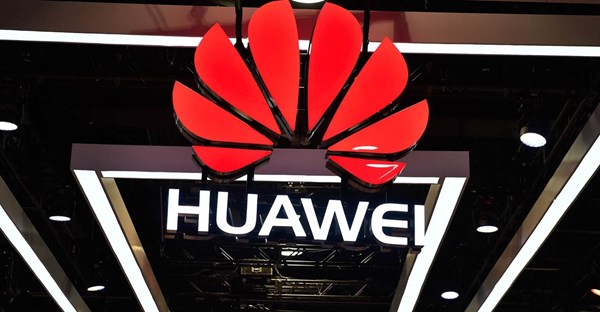Huawei takes aim at Russian technology and IT companies
The Chinese corporation Huawei is engaged in negotiations with several Russian companies concerning the acquisition of businesses, the founding of joint enterprises and the use of their technologies. Offers have been received by the developer of the “Elbrus” processors, the creator of the line of Alt Linux operating systems, and a company that provides information security and network monitoring systems.
According to RBC, the Chinese manufacturer has become more active on the Russian market in the last few months, after being blacklisted by the US and barred form access to American technologies. The experts consulted by the news outlet consider it possible that, if the negotiations are successful, Huawei intends to use Russian companies and products to promote itself on the Russian market. According to Nikolai Komlev, director of the Association of Computer and Information Technology Companies (APKIT), “the use of a Russian processor and a Russian OS, as well as hardware assembly somewhere in Russia, will enable the company to market its products as locally produced”.
“Most likely, in future Huawei will achieve Russian status for its devices and, if successful, it will actively sell them in the government sector,” Komlev noted, adding that he would be happy to be wrong about his prediction.
Sergey Ovchinnikov, owner of Norsi-Trans, which produces hardware for targeted communications surveillance, confirmed to RBC news agancy that an offer had been received from the Chinese manufacturer. “A whole Huawei delegation came from Hong Kong and offered $100 million for the entirety of Norsi-Trans. In my opinion, they just want us not to make Russian servers, and instead to use Huawei servers. We are not interested in this,” he said, adding that he believes the Chinese company is trying to eliminate competitors.
He claimed that a similar offer had been received by Alexander Kim, the owner and CEO of the company that develops Elbrus processors. “They proposed some kind of cooperation, to make a joint enterprise,” Ovchinnikov noted.
In recent months, Washington has claimed that Huawei poses a threat to US national security. The US government expressed fears that the company has secret ties to Chinese intelligence, and could pass on information obtained using Huawei smartphones. On 15 May, the US Department of Commerce blacklisted Huawei and the companies associated with it. As a result, a number of American companies, including Google, Intel, Qualcomm, Xilinx and Broadcom, announced that they would no longer supply the Chinese producer with software or components.
Subsequently there have been reports that Huawei is searching for new suppliers. At the St. Petersburg Economic Forum, Russian Communications Minister Nikolai Noskov suggested that the Chinese smartphones could use the Russian-produced Aurora operating system. A week later it was learned that Huawei had purchased a patented facial recognition algorithm from the Russian video surveillance systems developer Vocord, and had transferred a large number of its employees to its subsidiary, Igl Softlab. The deal cost the Chinese company $40-50 million.
